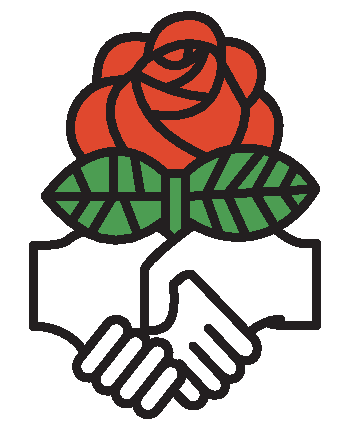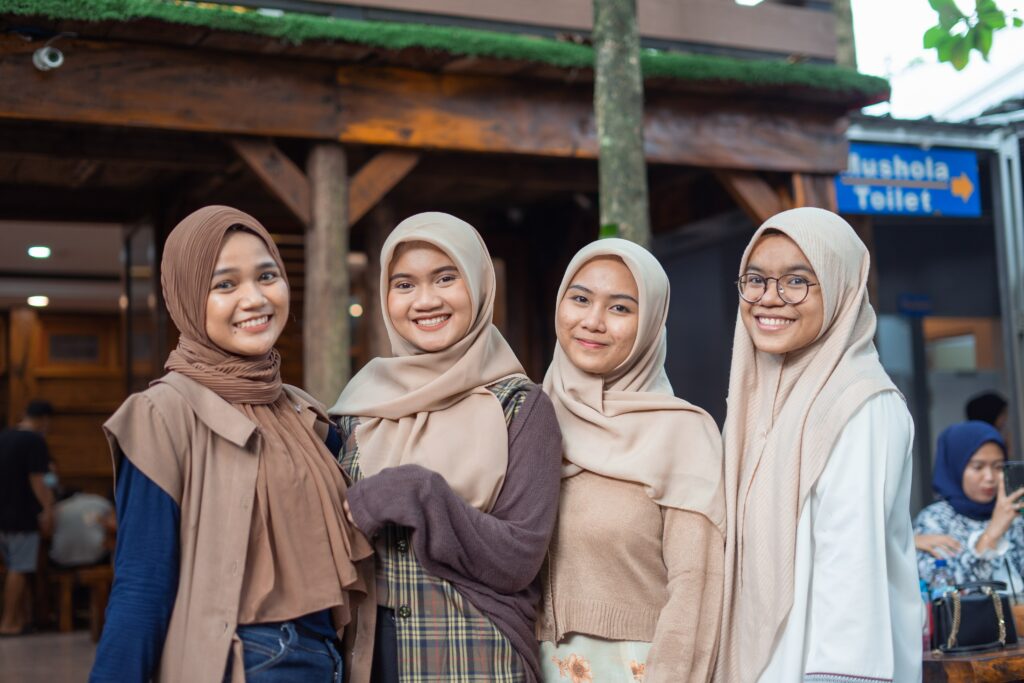The Millennium Development Goals and Post-2015 Development Agenda
Istanbul, Turkey, 08 and 09 November 2013
Resolution
Progress has been made on many of the UNs Millennium Development Goals (MDGs) in advance of 2015, but across nearly all goals women and girls have progressed the least. And while MDG 3 successfully positioned gender equality as a global priority, millions of poor, marginalized women and girls are still being left behind.
Socialist International Women, which has consultative status at the UN Economic and Social Council, asserts that gender equality as a core human rights principle must be respected and integrated into all programmes and action in the post-2015 sustainable development agenda, otherwise the UN will fail to meet future targets.
It is an immense achievement that MDG 1 has halved the proportion of those suffering from hunger globally from 47% in 1990 to 24% in 2010 in all developing countries, including sub-Saharan Africa, where the rate was higher. Similarly MDG2 has achieved gender equality in access to primary education, reaching 97% in 2010 and MDG 7 has halved those without access to an improved water source and improved the lives of a proportion of urban slum residents, with only 33% of people living in slums in 2012. But these results are unevenly distributed across regions and countries, between women and men, girls and boys: 70 percent of people with lower income $ 1.25 a day are women: 35 percent of the poorest girls still do not attend secondary school, and women continue to represent two-thirds of illiterate adults in the world.
Women now hold 40 per cent of non-agricultural wage-earning jobs, but in every developing region these jobs are less secure and have few social benefits. Parliaments worldwide now comprise 16 per cent women members – but at this rate political equality could take 40 years.
The goal least likely to be achieved concerns women’s deaths: MDG 4 to reduce the maternal mortality ratio by three quarters. Socialist International Women asserts that the continuing pandemic of violence against women, with 35 per cent of women experiencing sexual violence in their lifetimes, undermines progress on all goals.
Socialist International Women highlights World Bank recognition that equal access for women and girls to education, nutrition, basic services, health care, employment, economic opportunities and decision-making at all levels has proven to be one of the most powerful drivers of progress across all the Goals. It could reduce poverty and hunger, increase enrolment in education, reduce child mortality, improve maternal health, combat HIV/AIDS and promote environmental sustainability, according to UN Women.
Therefore Socialist International Women urges a post-2015 focus on gender parity in education, politics and economic opportunity as a means to boost progress towards all other goals. For example, by ensuring universal girls education, the failed MDG 4 to reduce the under-five mortality rate by two thirds could be reached because a mothers’ education is a main determinant of child mortality.
Increased female political participation will progress other goals. For example, UN Women highlighted areas in India with female-led local councils, which have led to 62 per cent increase in drinking water projects than in areas under male-led councils. Meanwhile women’s paid work increases her household decision-making that can positively impact on a range of goals.
Gender-based violence is not mentioned in MDGs or the post-2015 agenda. Rape, trafficking of women, forced marriage, genital mutilation and sexual exploitation of women and girls in situations of conflict are all recognized as significant risk factors for HIV transmission. Gender-based violence also has a significant impact on other goals such as female paid employment, maternal and child mortality. Therefore Socialist International Women proposes an explicit target to reduce gender-based violence in the sustainable development goals.
The Report of the High Level Panel of Eminent Persons to the UN on the Post-2015 Development Agenda upgraded gender equality and empowerment women from third to second goal, and Socialist International Women supports its ‘illustrative’ aims to end violence and child marriage, and discrimination in political social and public life; and to increase property and financial rights.
However Socialist International Women urges the UN Assembly Open Ended Working Group to reflect this priority and substantially increase the prominence of gender equality, not currently listed as a main theme. The process, which includes 30 member states, is open to input from Major Groups on the Thematic Cluster of Equality (verbal submissions by 20 December 2013; written submissions by February 2014).
Socialist International Women welcomes the 58th Session on the Commission on the Status of Women ‘Challenges and Achievements in the Implementation of the MDGs for Women and Girls’ and specifically urges the prioritisation of gender equality in education, political participation and employment; and a target on the reduction of gender-based violence in the post-2015 agenda.
Socialist International Women believes that any discrimination based on sexual orientation or any other bases is incompatible with the basic human rights and therefore calls for the protection of the rights of LGBT persons, Roma people and all other groups subject to exclusionary practices anywhere in the world.
Socialist International Women believes it is essential that women’s organisations are meaningfully involved in setting the Sustainable Development Goals, monitoring progress against goals and ensuring legal accountability against human rights frameworks. The international donor community has a role to play by investing in development programmes that empower girls and women. Political parties in developing countries can accelerate progress by adopting and implementing policies that ensure gender equality.
Therefore Socialist International Women calls on governments and member parties of Socialist International; and on the UN, governments, state structures and NGOs to ensure the MDGs and post-2015 development agenda:
makes gender equality and empowerment a priority to step up action on the remaining MDGs;
ensures stronger political will and funding to further reduce the unacceptable maternal and infant mortality ratio;
enables women’s organisations to be centrally involved in formulating Sustainable Development Goals;
prioritises gender equality in education, political participation and economic empowerment in the post-2015 agenda as a means to achieve most other goals;
introduces a special target in the sustainable development goals to reduce gender-based violence;
implements and enforces regulations prohibiting child labour and child marriage;
monitors and evaluates implementation and progress annually, based on data disaggregated by sex;
reminds Member States of the importance of peace and security, because sustainable development cannot be achieved in an environment of conflict or war and
links a monitoring and accountability framework to international Human Rights mechanisms, and is based on partnership with all relevant stakeholders, including women’s organisations.
_______________

